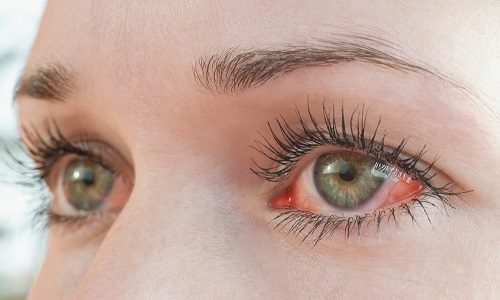
Wear Sunglasses
Sunglasses, especially the wraparound kind, block the pollen that is carried through the air from entering your eyes. In addition to blocking pollen spores from flying into your eyes and causing them to tear, itch or dry up, sunglasses also protect your eyes from the UV rays of sunny spring days.
Wash Your Hands
Pollen is everywhere during this time of year, including on your hands that you are using to rub your eyes. This further complicates eye allergy problems as it causes more pollen to enter the eyes, making eye itching and other allergy symptoms worse. Regularly washing the hands solves this problem by ridding the hands of pollen as well as dirt particles that can irritate the eyes.
Use Artificial Tears
Artificial tears mimic natural tears that are used by the body to rid the eyes of foreign objects or irritants. Using artificial tears can greatly reduce eye allergy symptoms by washing the irritants out of the eyes. Artificial tears also lubricate eyes that may be dry and irritated due to allergens.
Swap Contacts for Glasses
Pollen can build up on contact lenses, making the eyes itch and dry out. Wearing your glasses instead of contacts, even for part of the day, not only means that you will be cleaning your contacts more regularly, but also will relieve your eyes from the added strain of having foreign objects in them. Wearing glasses can also further protect your eyes from the allergens floating in the air.
Use an Air Purifier
In a recent survey, it was found that six or more allergens were detected in more than 50 percent of homes. Using an air purifier can significantly reduce the amount of pollen and other allergens floating around in your home. High efficiency particulate air (HEPA) filters in particular are regulated to filter out small and large particles such as pollen, dust mites and mold. For the best results, close all outside doors and windows and keep the air purifier on 24 hours a day.
Wash Your Sheets
Dust mites, along with pollen and other outside allergens that are carried inside every time the front door or a window is opened, gather on indoor surfaces like your bed. These allergens thrive on soft surfaces like bed sheets. Washing your bed sheets once a week in hot water and then drying them on a hot dryer cycle will help to kill most allergens.
For more information on how you can keep your eyes healthy and your vision clear, schedule a consultation with your optometrist or email mmandel@optimaeye.com.


